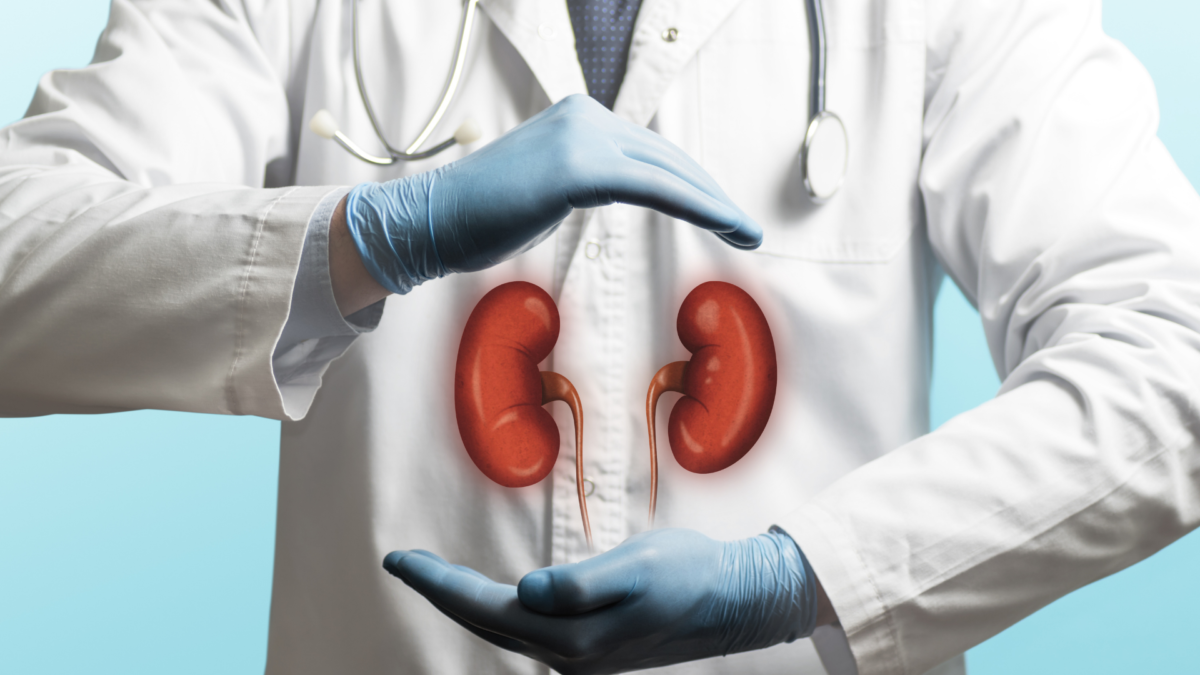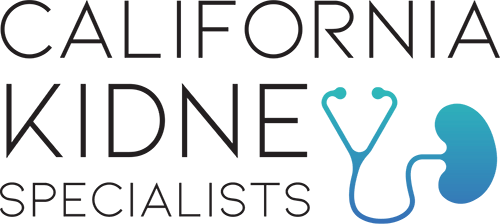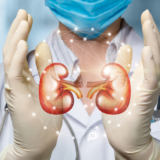
What is a kidney transplant?
A kidney transplant is surgery done to replace a diseased kidney with a healthy kidney from a donor. The kidney may come from a deceased organ donor or a living donor. Family members or others who are a good match may be able to donate one of their kidneys. This type of transplant is called a living transplant.
What are the reasons for a kidney transplant?
You may need a kidney transplant if you have the end-stage renal disease (ESRD). This is a permanent condition of kidney failure. It often needs dialysis. This is a process used to remove wastes and other substances from the blood.
Complications of the procedure
Kidney transplant surgery carries a risk of significant complications, including:
- Blood clots and bleeding
- Leaking from or blockage of the tube that links the kidney to the bladder (ureter)
- Infection
- Failure or rejection of the donated kidney
- An infection or cancer that can be passed on from the donated kidney
- Death, heart attack, and stroke
Anti-rejection medication side effects
After a kidney transplant, you’ll take medications to help prevent your body from rejecting the donor’s kidney. These medications can cause a variety of side effects, including:
- Bone thinning and bone damage
- Diabetes
- The excessive hair growth or hair loss
- High blood pressure
- High cholesterol
Other side effects may include:
- Increased risk of cancer, particularly skin cancer and lymphoma
- Infection
- Puffiness
- Weight gain
- Acne
How do you prepare your body for a kidney transplant?
- Stop smoking. Kick the habit at least 4 weeks before your surgery. …
- Ask your doctor about medicines. You’ll need to avoid drugs like aspirin, ibuprofen, and blood thinners for a week before your surgery. …
- Take this time to do the things you enjoy.
If you do decide to have a kidney transplant, you’ll need to work closely with a nephrologist who is associated with an accredited kidney transplant program with good patient outcomes
Kidney transplantation is an excellent choice. Just be sure to work with a team that has enthusiasm and passion, who is involved in active research, and who has an active database to connect you with the right donors.



